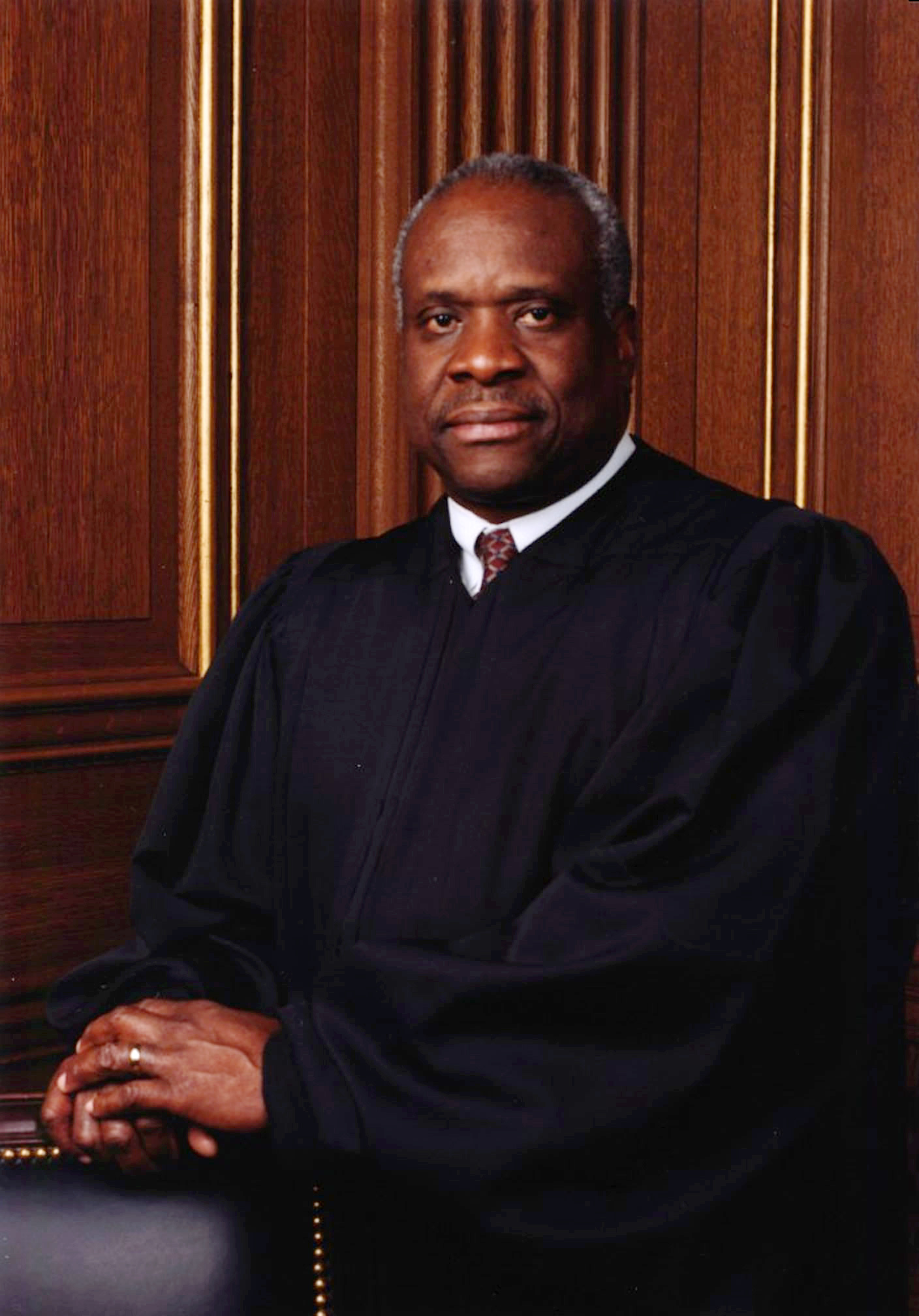
I remember the confirmation hearings, I remember the unsupported allegations by Anita Hill. She was the ONLY person to testify at those hearings against Clarence Thomas, in spite of the fact that the Democrats ran the Senate at that time (and I find it hard to believe that, if any shred of evidence to support any allegations actually existed that they would have aired them, especially given the public statements at the time that "We're going to 'bork' him."
Nancy Altman who worked with both Thomas and Hill at the Department of Education testified before the U.S. Senate that:
"It is not credible that Clarence Thomas could have engaged in the kinds of behavior that Anita Hill alleges, without any of the women who he worked closest with—dozens of us, we could spend days having women come up, his secretaries, his chief of staff, his other assistants, his colleagues—without any of us having sensed, seen or heard something."Not just her, but a number of women came forward to testify in opposition to Hill's claims against Clarance Thomas. Staffers to Senator Joseph Biden (who was the chair of the Judiciary Committee and an opponent of Thomas) alleged that there were a total of 2 people who made statements to them in support of Hill. I can only assume that neither was credible enough to testify or as willing to risk getting caught lying as Hill, as neither testified before the Senate.
I can never know the truth of her statements in any absolute sense, but if she did, in fact, lie, there is no possible justifiable reason for her to do so. If she did not lie, than she is an idiot for making such allegations without supporting evidence. I believe her to be an ideologue, not an idiot.
